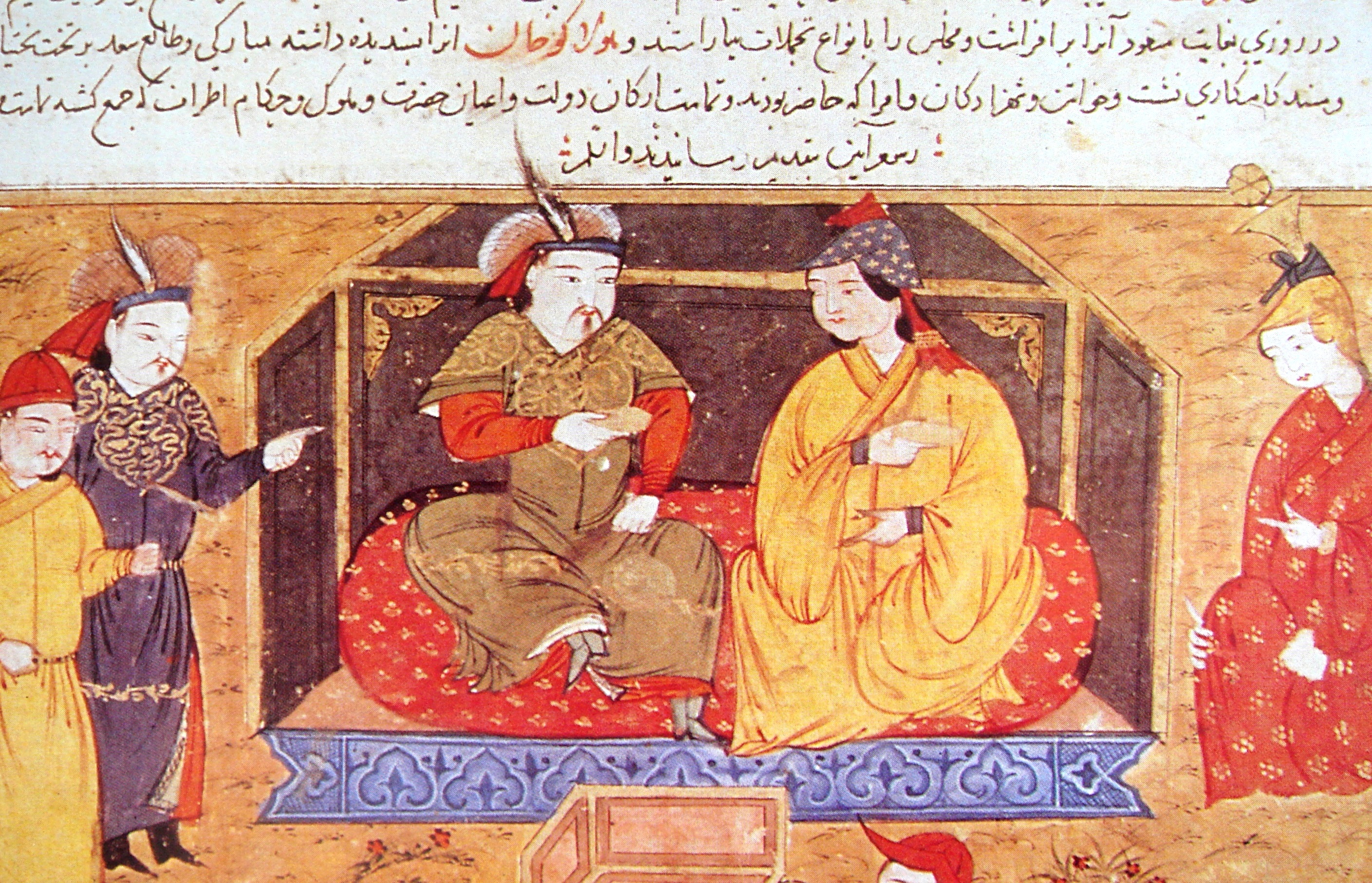I referred to the controversy over what seemed to be tainted vaccines in Kenya in a comment, and have been thinking ever since that I wished I had waited for one more round of clarification, first. Well, retrospectively, let’s clarify.
Acton’s report of the original controversy is well-sourced and clear:
In Kenya, the United Nations has been working to eradicate tetanus. That’s a noble effort. Unfortunately, they seem to have taken it a step further. The Kenya Catholic Doctors Association released a statement this week saying they have found an antigen that can cause miscarriages and sterilization3 in women and girls.
(source: United Nations Charged With Birth Control Subterfuge In Kenya | Acton PowerBlog)
However, the laboratory results the Bishops and doctors relied on in voicing their concerns appear to have been flawed. The record has been amended by multiple groups that can be expected to share the principles that led the Bishops to speak out on the matter (i.e., concern for women whose ability to bear children is too often treated as a pathology, concern for babies too often killed or mutilated by those who refuse to treat them as objects of moral concern, and concern for those who the elite classes of the global West have too often used as guinea pigs). The reports seem credible, and I hope that these studies–and the outcry against a lack of transparency and local accountability that spurred the crisis–will lead to more constructive efforts in the future:
While the tests of the vaccine the Bishops had done at four separate laboratories were marred and showed false positive results for the infertility hormone, Matercare Internaitonal also said “the best solution is for the Kenyan authorities to communicate directly with the WHO in Geneva to offer support and encouragement to expeditiously test samples supervised by both parties in independent, reputable and competent laboratories.”
“Once the absence of hCG [hormone] is unequivocally confirmed,” Matercare said, “a public statement and campaign of support for the immunization programme will be necessary to minimize the potential for further damage.”
“In brief, the results of the [October] tests of the Kenyan tetanus vaccine which caused concern were false positives, due to the cross reactivity of some of the components of the vaccine, and the fact that the testing ordered was invalid,” said the [American Association of Pro-Life Obstetricians and Gynecologists].
The article also cites some useful background. The fear that these tests were happening proved to be unfounded, and (as is also pointed out in the same statement) upon examination are also unlikely to be true on the scale they would have to be. Continue reading

